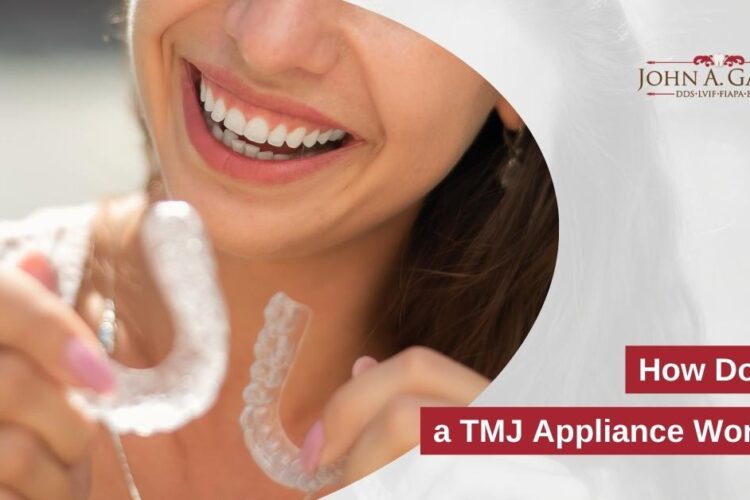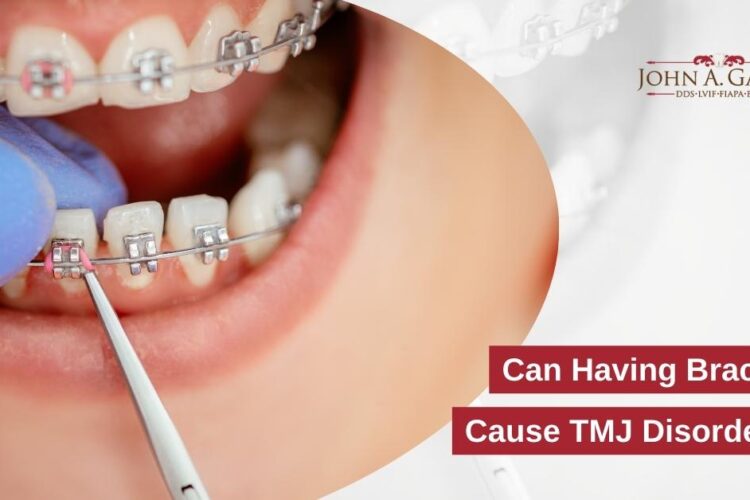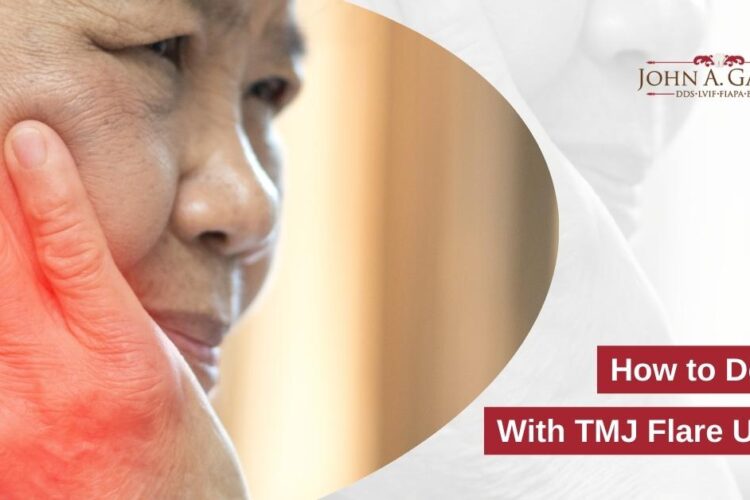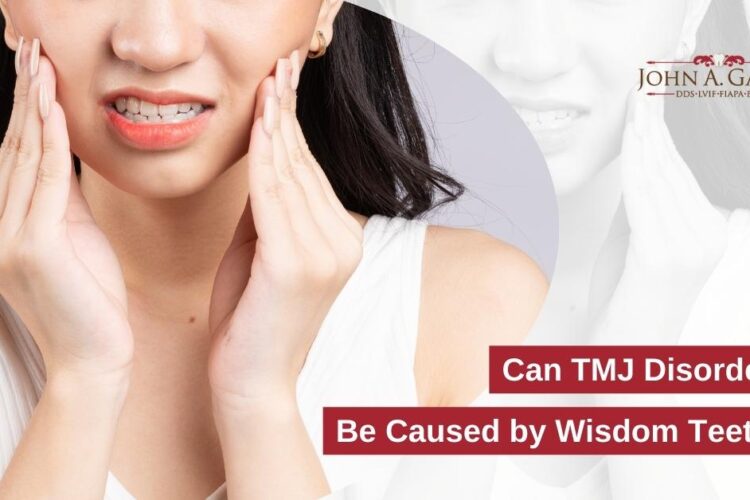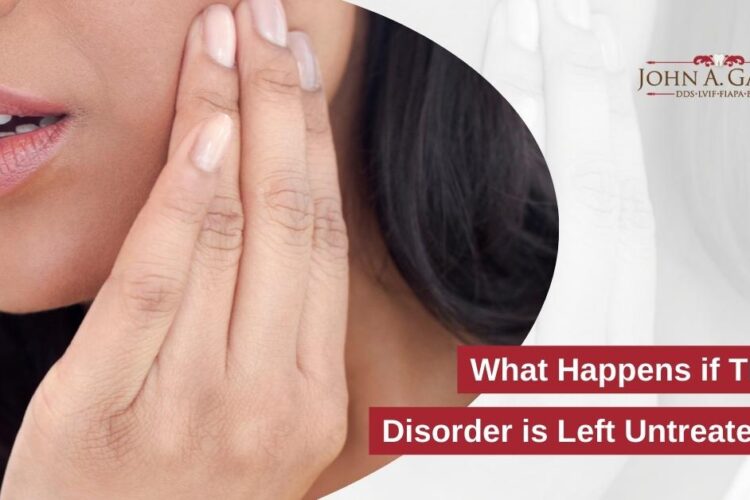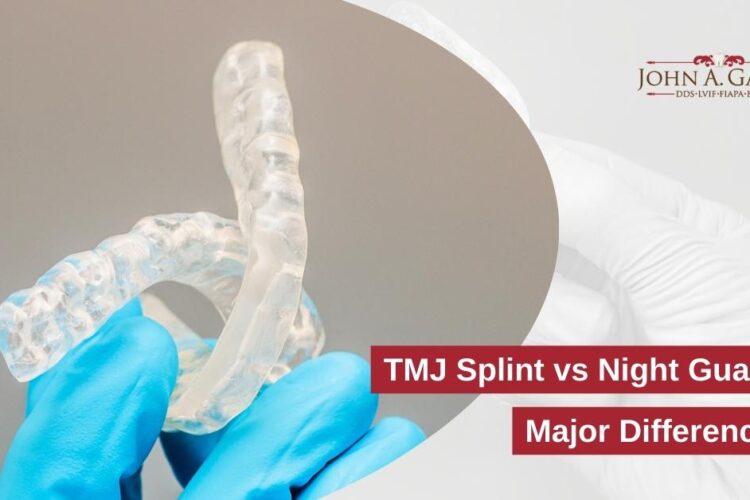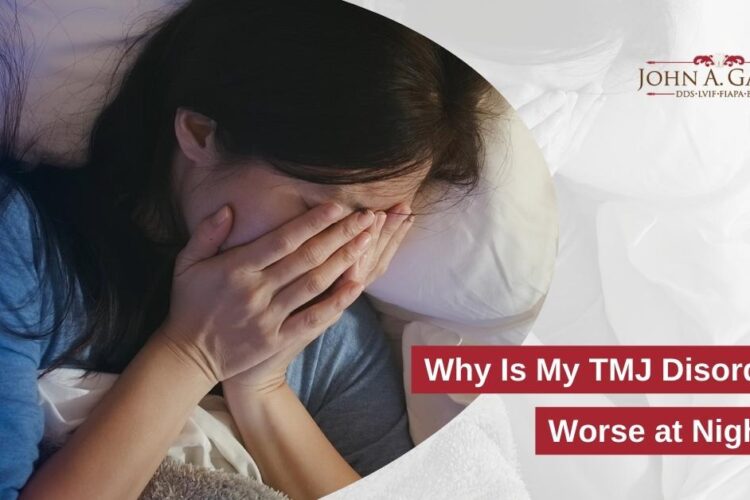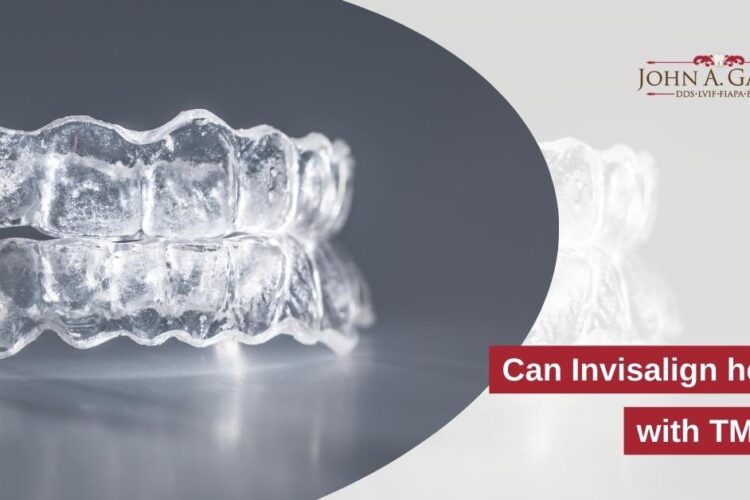Many children and adults suffer from TMJ, which can produce uncomfortable symptoms such as facial pain, headaches in the temples, the inability to open the mouth widely, sensitive teeth, or aching and throbbing jaw muscles. TMJ affects both sides of the jaw and can affect people of any age. Trauma to the jaw joint is
read more
The continual tensions between the various components of the body give our jaws their distinctive shape. Suppose you have trouble breathing through your nose because of restrictive anatomy or allergies. In that case, it may cause you to breathe through your mouth instead of your nose while you sleep. This circumstance might change the forces
read more
The temporomandibular joint is the name given to both joints on either side of your jaw. The most common name for the joints is “TMJ,” which stands for temporomandibular joint. The temporomandibular joint (TMJ) is an intricate network of muscles and ligaments that serves as an attachment point between the mandible (lower jaw) and the
read more
The temporomandibular joint, often known as the TMJ, is a significant joint in the jaw. The TMJ is utilized for eating and speaking. When TMJ flare-ups occur, a person will experience pain and discomfort due to TMJ inflammation. This can have a significant negative impact on the individual’s ability to operate daily, which in turn
read more
A person can suffer pain and discomfort in the jaw, similar to the symptoms experienced by those with TMJ issues if their wisdom teeth are growing in. On the other hand, wisdom teeth problems do not directly contribute to the development of TMJ difficulties. However, temporomandibular joint (TMJ) issues are rarely the direct result
read more
Untreated TMJ can lead to greater pain and other health issues, as well as a decreased quality of life. Many individuals delay medical care as long as possible because they do not wish to spend the time or money necessary to alleviate their condition. Although delaying treatment will save you time and money, it will
read more
Splint and night guard are often used interchangeably, but their functions are slightly different. If you are suffering from bruxism or TMJ, it is essential to comprehend the difference between a TMJ splint and a night guard to help you alleviate your condition. In general, the purpose of both types is to stabilize and
read more
There is a lot of mystery and misunderstanding around TMJ or temporomandibular joint disorder. Some people may not even know they have it, while others might be suffering from the various symptoms and are unsure if there is anything that can be done to relieve them. TMJ is a condition that affects the joint
read more
Jaw, neck, and facial pain can be caused by temporomandibular joint dysfunction (TMJ) or TMD. Teeth grinding and jaw clenching can also lead to sleep deprivation, which can lead to exhaustion. TMJ and sleeping positions directly correlate; you may unknowingly increase your disease while you sleep. Sleeping with TMJ can pose a challenge to
read more
TMJ pain can be severe for those who suffer from it. A person might suffer physically and psychologically, and physiologically if even the simplest of daily activities, such as yawning and eating, become burdensome. It can be challenging to identify solutions that work from a treatment perspective. This isn’t because your dentist isn’t trying
read more
